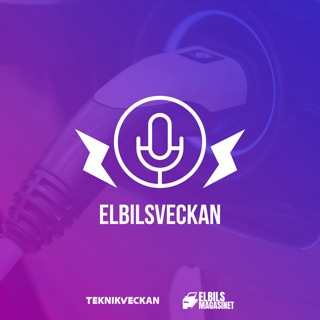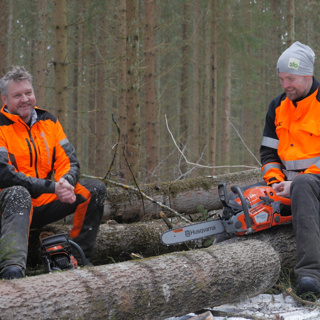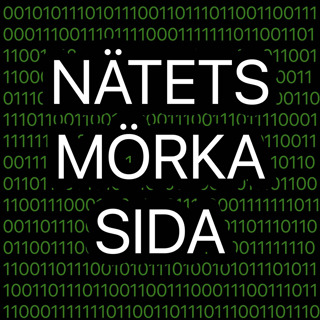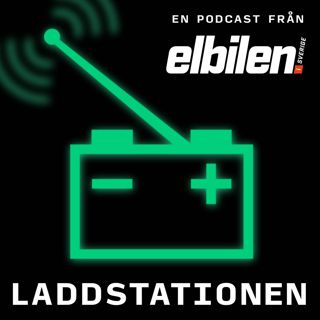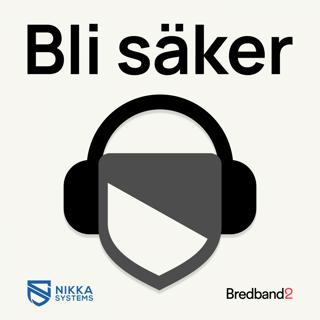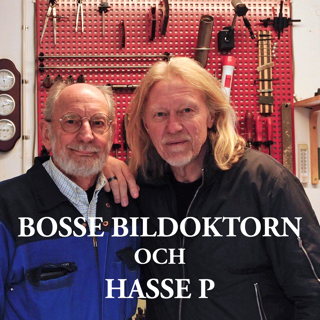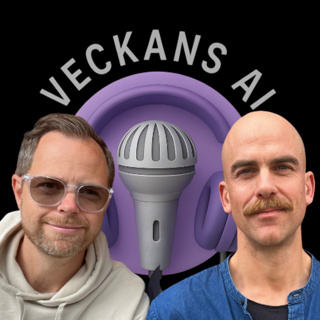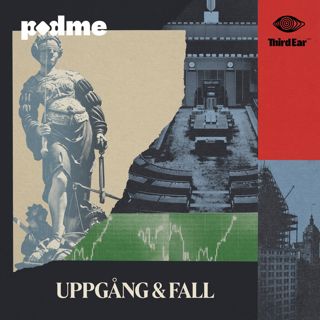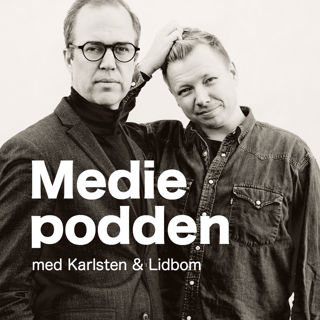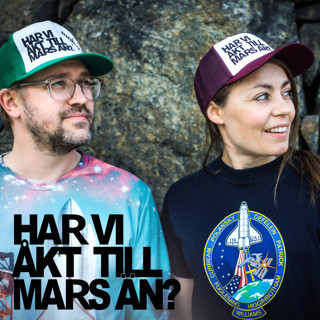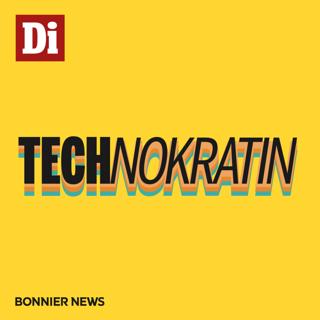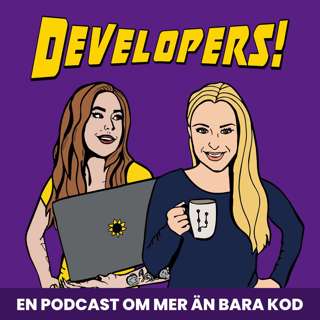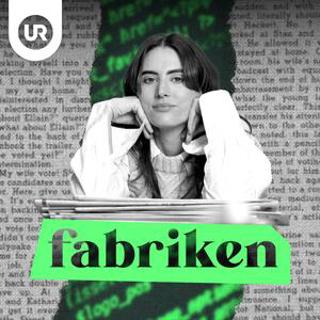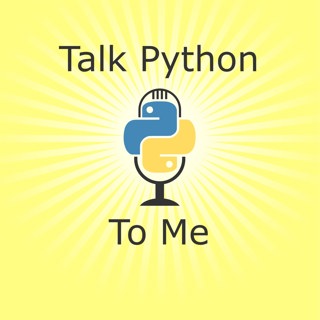
#366: Optimizing PostgreSQL DB Queries with pgMustard
Does your app have a database? Does that database play an important role in how the app operations and users perceive its quality? Most of you probably said yes to the first, and definitely to the second. But what if your DB isn't doing as well as it should? How would you know? And once you know, what do you do about it? On this episode, we're joined by Michael Christofides, co-creator of pgMustard, to discuss and explore the EXPLAIN command for Postgres and other databases as well as all the recommendations you might dig into as a result of understanding exactly what's happening with you queries.
20 Maj 20221h 14min

#365: Solving Negative Engineering Problems with Prefect
How much time do you spend solving negative engineering problems? And can a framework solve them for you? Think of negative engineering as things you do to avoid bad outcomes in software. At the lowest level, this can be writing good error handling with try / except. But it's broader than that: logging, observability (like Sentry tools), retries, failover (as in what you might get from Kubernetes), and so on. We have a great chat with Chris White about Prefect, a tool for data engineers and data scientists meaning to solve many of these problems automatically. But it's a conversation applicable to a broader software development community as well.
12 Maj 20221h 4min

#364: Symbolic Math with Python using SymPy
We're all familiar with the data science tools like numpy, pandas, and others. These are numerical tools working with floating point numbers, often to represent real-world systems. But what if you exactly specify the equations, symbolically like many of us did back in Calculus and Differential Equations courses? With SymPy, you can do exactly that. Create equations, integrate, differentiate, and solve them. Then you can convert those solutions into Python (or even C++ and Fortran code). We're here with two of the core maintainer: Ondřej Čertík and Aaron Meurer to learn all about SymPy.
7 Maj 20221h 7min

#363: Python for .NET and C# developers
Are you coming to Python from another language and ecosystem? It can seem a bit daunting at first. But Python is very welcoming and has a massive array of tools and libraries. In this episode, I speak to my friend Cecil Philip who does both Python and .NET development. We discuss what it's like coming to Python from .NET as well as a whole bunch of compare and contrasts across the two ecosystems.
28 Apr 20221h 6min

#362: Hypermodern Python Projects
What would a modern Python project look like? Maybe it would use Poetry rather than pip directly for its package management. Perhaps its test automation would be controlled with Nox. You might automate its release notes with Release Drafter. The list goes on and on. And that list is the topic of this episode. Join me and Claudio Jolowicz as we discuss his Hypermodern Python project and template.
20 Apr 20221h 6min

#361: Pangeo Data Ecosystem
Python's place in climate research is an important one. In this episode, you'll meet Joe Hamman and Ryan Abernathey, two researchers using powerful cloud computing systems and Python to understand how the world around us is changing. They are both involved in the Pangeo project which brings a great set of tools for scaling complex compute with Python.
16 Apr 202254min

#360: Removing Python's Dead Batteries (in just 5 years)
Python has come a long way since it was released in 1991. It originally released when the Standard Library was primary the totality of functionality you could leverage when building your applications. With the addition of pip and the 368,000 packages on PyPI, it's a different world where what we need and expect from the Standard Library. Brett Cannon and Christian Heimes have introduced PEP 594 which is the first step in trimming outdated and unmaintained older modules from the Standard Library. Join us to dive into the history and future of Python's Standard Library.
8 Apr 20221h 20min

#359: Lifecycle of a machine learning project
Are you working on or considering a machine learning project? On this episode, we'll meet three people from the MLOps community: Demetrios Brinkmann, Kate Kuznecova, and Vishnu Rachakonda. They are here to tell us about the lifecycle of a machine learning project. We'll talk about getting started with prototypes and choosing frameworks, the development process, and finally moving into deployment and production.
3 Apr 20221h 7min



